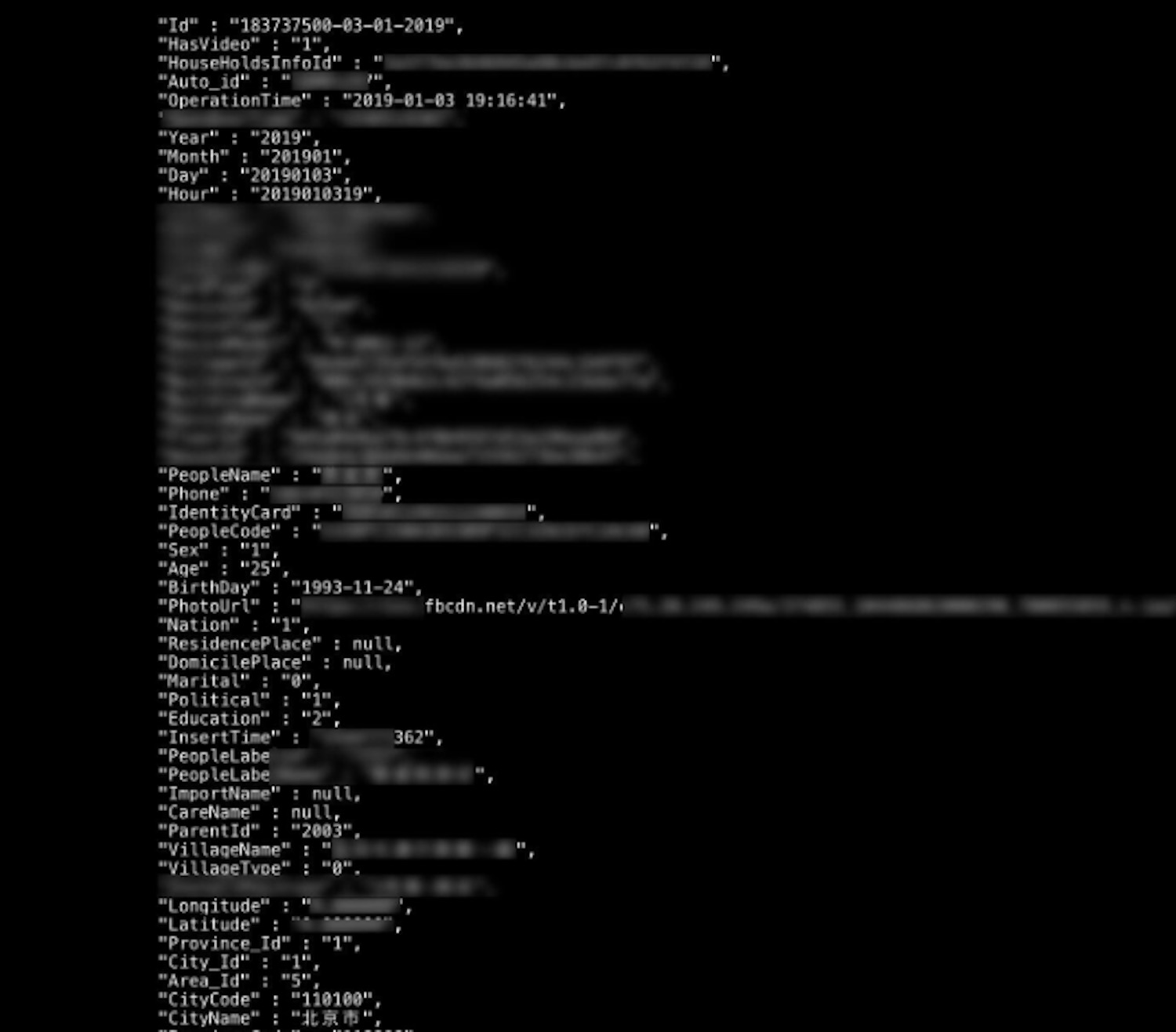Someone in China Built a Creepy Database of 1.8 Million Women and Their ‘Breedready’ Status

Credit to Author: Edoardo Liotta| Date: Wed, 13 Mar 2019 18:57:00 +0000
Victor Gevers, an ethical hacker from the non-for-profit organisation GDI.Foundation, was scouring the net for open Chinese databases when he found one that caught his eye. Like many open databases it appeared as simple code against a black background, but Victor realised it was something unique—and fairly disturbing.
In a series of tweets, he explained that he’d found a list of personal details for over 1.8 million Chinese women, including “phone numbers, addresses, education [details], locations, ID numbers, marital status, and a ‘BreedReady’ status?”
This last category caught him by surprise because because it seemed to be a metric for fertility. “To be honest I hope it was just the poor English of the developer,” Victor told Time that in reference to the term. “But we simply do not know this for sure.”
Among his tweets, Victor presented some of the weirder findings. “The youngest girl in this database is 15y old,” he wrote. “The youngest woman with BreedReady:”1” status is 18y”—presumably meaning that the youngest woman on the list identified as able to conceive was just 18.
“The average age is a bit above 32y, and the most aged woman with a BR:1 is 39 and with a BR:0 is 95y,” he continued. “All are single [89%], divorced [10%] or widow[1%]. About 82% lives in 北京市 [Beijing].”
So what exactly is this list? The most likely answer is that some individual or organisation in China has been tasked with building a database of women who can conceive, prompting one online user of the Chinese platform Weibo to call the list a “real-life Handmaid’s Tale.” Chinese authorities have refused to comment, even though one theory is the data was stolen when Jiayuan, a Chinese dating site was hacked by security specialists in 2015 to point out its security vulnerabilities.
This leak happens in time with China’s pressing need to find a solution to its decreasing birth rate. Although China ended its one-child policy, the population still faces a vast gender imbalance. In fact, some demographers have calculated that by 2050 there could be up to 186 single men for every 100 single women.
With this in mind, Victor Gevers potentially stumbled upon a concerted effort to solve the country’s low birthrate problem. In any case the database was taken down on Monday, March 11, a day after the information was leaked to the public.
A similar database was uncovered last month when Victor found the personal information of over 2.5 million people living in Xinjiang province, a predominantly Muslim area. Live location updates showed individuals were being tracked daily, while the data was available for almost seven months on a SenseNets database, a company contracted by Chinese police.
In another tweet from Wednesday morning, Victor said he’d found another open database similar to the one that logged Chinese women. And he put out a request to the public, asking that if anyone knows anything about either database to please get in contact with GDI.Foundation.
Follow Edoardo on Instagram
This article originally appeared on VICE ASIA.